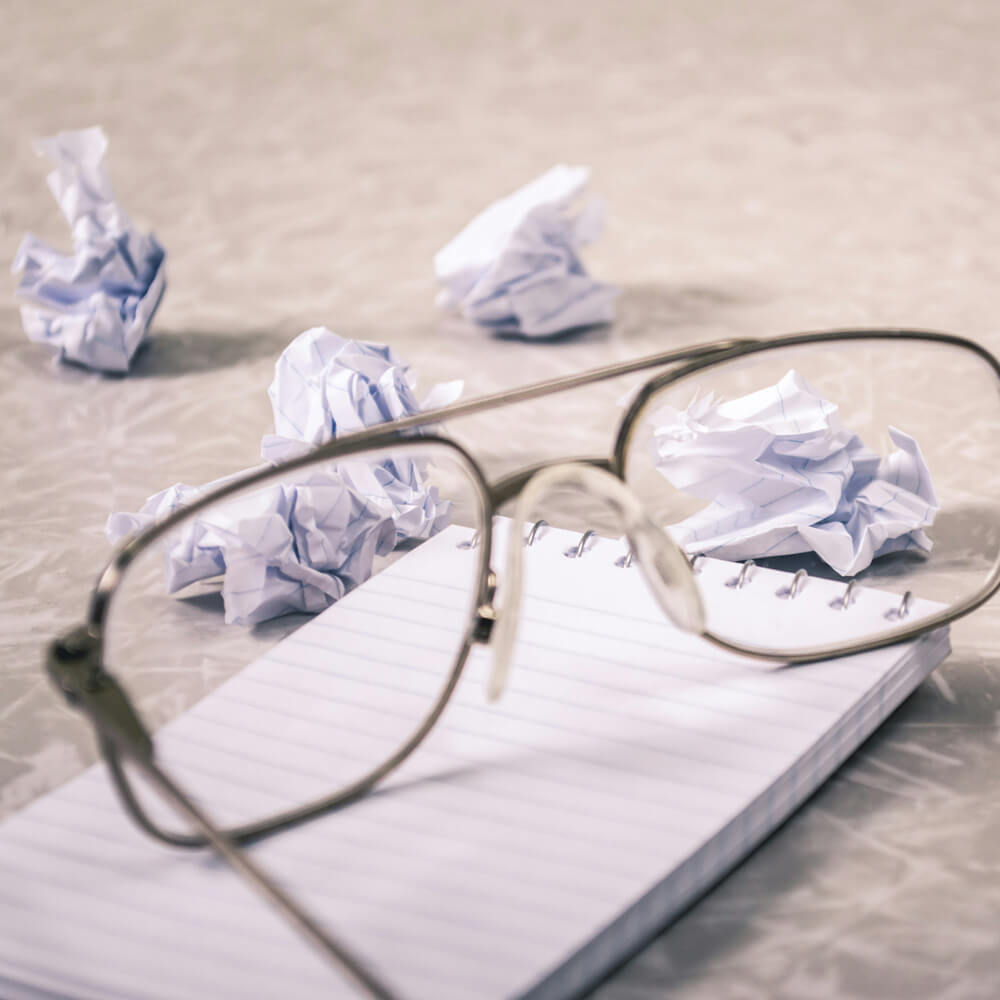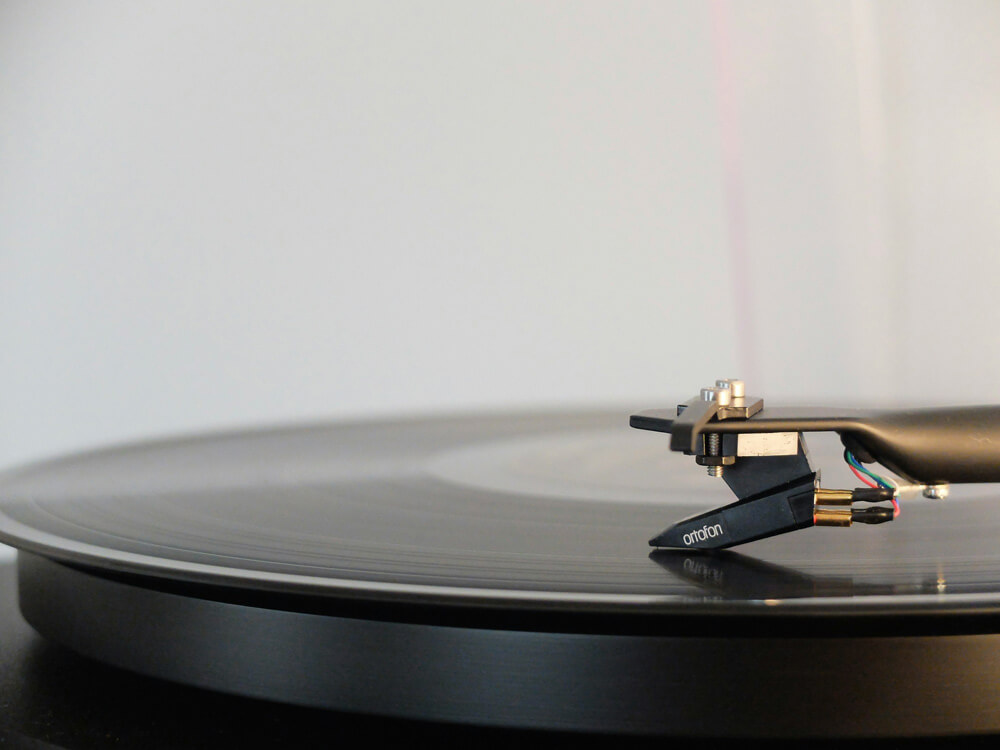Inspiration and Motivation
Overcoming Writer’s Block
By Joshua, Ananda, Lily & Rebecca
Writing about writer’s block is better than not writing at all.
-Charles bukowski

Whether you’re an aspiring writer, novice, intermediate, or seasoned pro, every writer will inevitably face the challenges of writer’s block. In my words, it’s a phenomenon that disrupts a writer’s ability to translate creative ideas from mind to paper. This can be a fleeting moment or, in the worst cases, stretch on for years.
Writer’s block can stem from various sources—lack of motivation, fear of not creating something remotely tangible, or the anxiety that your story or characters aren’t engaging enough. Sometimes, it feels like your brain simply can’t function to write a single sentence.
Trust me, I’ve been there! As a writer myself, it’s one of the most difficult challenges that can affect your writing journey and motivation.
But don’t worry—hope is not lost! At The Writers Herd, our mission is to inspire and motivate writers through these tough phases, helping you push through the blocks and get back to writing. In this guide, we’ll share our methods and techniques for combatting this common struggle in a fun yet practical way.
Our team—consisting of Ananda, Lily, Rebecca, and myself—will each share their personal strategies for overcoming writer’s block. Whether it’s through random prompts, reading, or unique music playlists, these insights aim to help you—or at the very least, provide a spark of motivation. To hopefully turn that blank canvas into your next masterpiece.

Joshua – Write with emotion, let music be your muse, and read!
Poetry:
I find that writing when emotionally driven helps the most. Poetry is inherently emotive, so channelling those emotions often leads to powerful imagery, as seen in poems like Sylvia Plath’s “Daddy.” Music also plays a significant role—I listen to ambient/specific theme soundtracks that match the mood of the poem I’m working on, then freewrite! I focus on structure and refining flow afterward.
Stories:
Read, read, read! Reading inspires me the most. Acquiring techniques and inspiration from other writers sparks my creativity, and jotting down random ideas before organising them into a rough structure helps me get started. As I write in a gothic, traditional style, I draw inspiration from the works of Dante Alighieri and Edgar Allan Poe.

Ananda – Prompts, prompts, prompts!
Poetry & Stories:
If I want to write but don’t know where to start, I turn to writing prompts. There are countless prompts online, especially on Instagram and Pinterest. From funny story starters to emotional poetry topics, there’s always something to spark my curiosity to help me start writing.
Sometimes, you may not feel that creative spark but still want or need to write. My advice? Just do it! I know it’s easier said than done, but try setting a timer for just 10 minutes and write until it goes off. You might end up with a page of nonsense, but you could also discover a hidden gem within those sentences, and that’s where you’ll find your spark.
To get you started, here’s a prompt: What’s hidden in the dark?

Lily – Explore New Routes.
Poetry:
The one thing I love about poetry is the scope of possibilities it allows for its writers. Poetry comes in various forms, such as sonnets, free verses, acrostics, haikus, ballads—the list could go on… My advice? Play with these. Experiment with what’s to offer. This vast array of forms provides alternative pathways for discovering your voice and igniting creativity. Personally, I usually work with free verse as it allows me to be less restricted. However, I’ve found that utilising different forms, like sonnets and limericks, can help unfasten the mental restraints. This exploration allows me to discover new avenues of creativity when I encounter writer’s block. By escaping my prosaic routine, I can play with new, challenging forms that reignite my creative spark.

Rebecca – Take notes. You can’t edit a blank page. And be chaotic.
Poetry:
To me, poetry is so much more fluid than almost any other written form. I can find myself awake for hours with ideas for dozens of poems in my head that I have to write them down immediately, lest I forget. Other times, I go months without writing a new one. In those instances, I let inspiration find me; I go for walks, I listen to music, and I jot down any ideas hoping they will coalesce with other random notes in the future. I also try to read more and explore different styles of poetry, which can lead to interesting pieces you might not have created otherwise.
Stories:
Though I like to think I give good advice, I don’t tend to take it very well, which is likely why I often struggle with writer’s block. Nevertheless, the best advice I’ve ever received is that you can edit a bad page, but you can’t edit a blank one (Jodi Picoult). While it can sometimes feel painful to write when your heart’s just not in it, it doesn’t have to be perfect—it doesn’t even have to make sense, and you don’t have to go back to it straight away. Let it sit in the back of your head. Write down any ideas so that when the time is right, you have something to play around with. Writing is messy and artistic. It doesn’t have to be linear—don’t be afraid to be a little chaotic with your creativity.
With these techniques, we hope you’re able to navigate through your writer’s block, no matter how significant it may feel. As Ray Bradbury wisely said, “You fail only if you stop writing.” So seize the day—and write on!
My Journey through Writer’s Block: Strategies and Reflections
By Sabrina
Sometimes, I feel like I spend more time not writing than writing, which, as a writer, isn’t a great feeling! Dealing with writer’s block on top of life’s other stresses can be discouraging.
I often find myself stuck in a cycle of frustration—the longer I go without writing, the harder it becomes to pick up my pen (or rather, my laptop).
Here’s a short list of tips and techniques that have helped me break the dreaded block and get back to writing.

Start in the middle:
When I get an idea for a story, there’s usually a specific scene/moment in my mind that inspires the rest of the plot. Planning a story’s beginning, middle, and end—or creating character brainstorms—can be useful, but sometimes I get too caught up in the details, which stops me from actually writing.
I often start writing from that specific moment which sparked the idea for the story and build the plot around it. Letting things develop naturally can be just as effective as planning ahead.
Read your own work:
Writer’s block can often trigger feelings of inadequacy. You may feel like you’re not a good writer, or struggle with imposter syndrome, comparing yourself to other writers. In moments like these, I re-read pieces I’m proud of to remind myself that I’m a good writer, capable of writing well. Sometimes, re-reading your own work is just the push you need to write more.
Journaling:
For me, writer’s block is often paired with moments of my life, when the noise in my head gets too loud and my emotions feel scrambled. Journaling helps clear my mind and is a great way to ease back into writing. Try to write something every day, whether it’s a sentence or a page. Capture your thoughts, troubles, a beautiful sunset, breakfast, what you’re grateful for, a friend you miss, or a news story that made you pause.
As you journal, you might find that these random thoughts become a source of inspiration for a short story, an opinion piece, or even a film script!
Remember, writer’s block is just a phase. Whether it’s starting in the middle, reading your own work, or journaling your thoughts, you’ll find your way back to the page.


